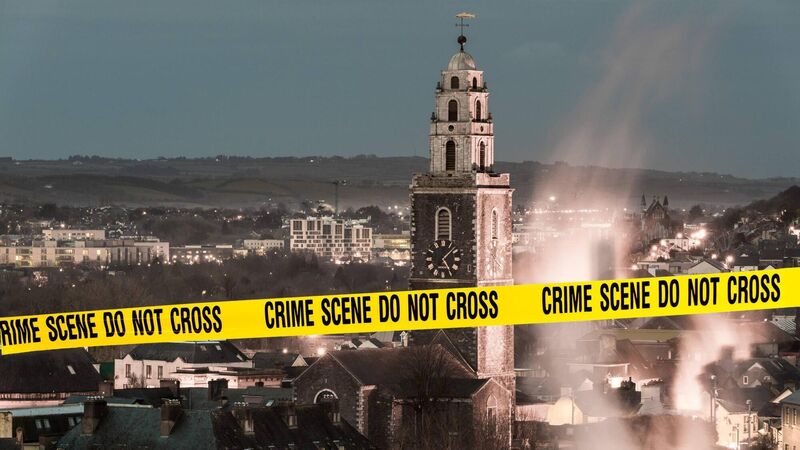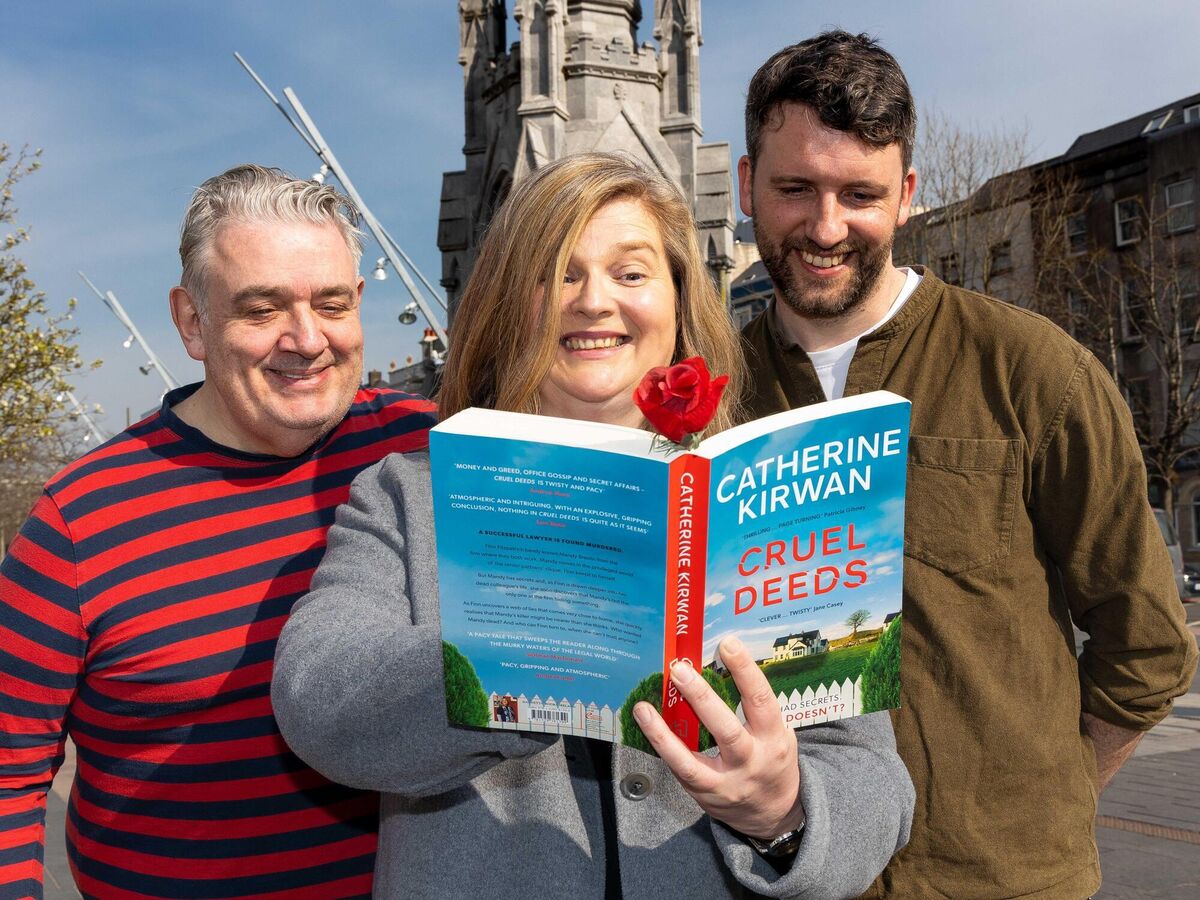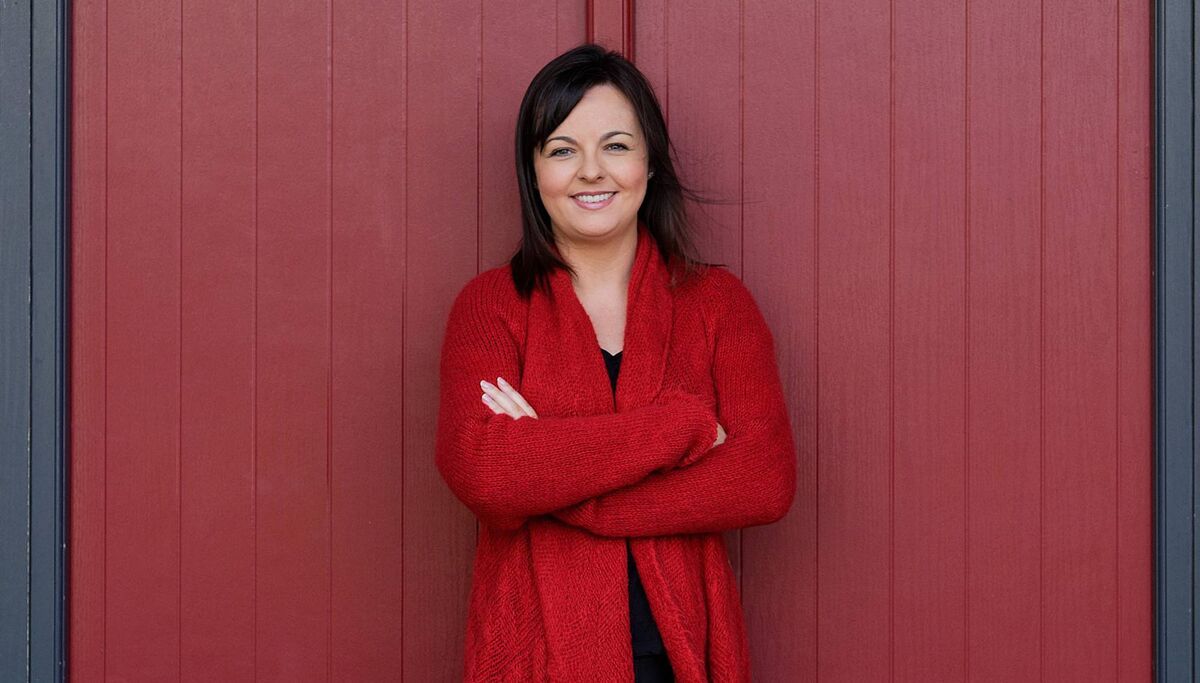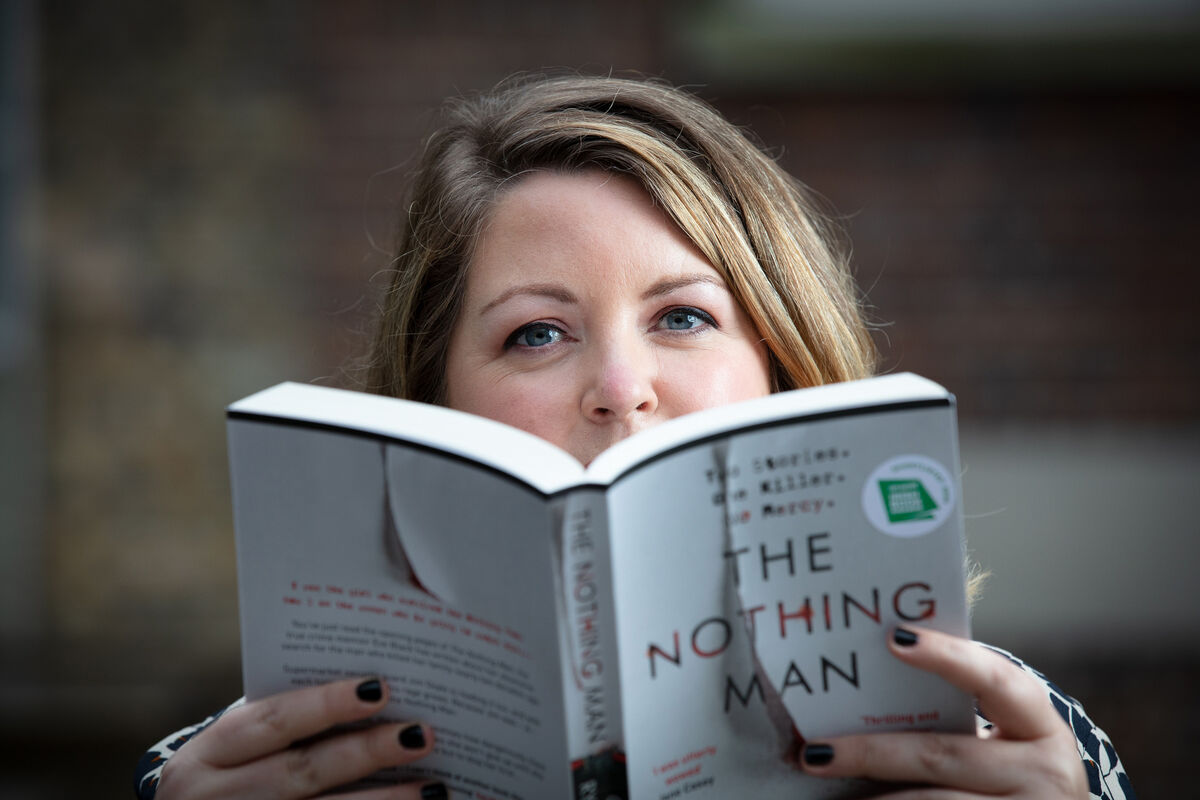Crime writing in Cork: Why female authors are to the fore

In recent years, a number of crime books have been set in Cork, many of them by female authors. Original image: David Creedon
Agatha Christie, Ruth Rendell, PD James, Patricia Cornwell, Val McDermid — the list of female crime writers from further afield is a long and illustrious one. However, it is only in the last decade or so that crime fiction has really taken off among writers in Ireland, with women including Tana French, Liz Nugent, and Jo Spain leading the way. Crime fiction is booming in Ireland, with sales in the crime, thriller and adventure category in 2021 at their highest in ten years, with just over 900,000 books sold, at a value of more than €10 million, according to figures from Nielsen BookData.
Cork is holding its own in what has been termed the ‘Emerald Noir’ movement, with the Douglas writer Catherine Ryan Howard, the queen of psychological thrillers, at number four in the top sellers in the crime, thriller and adventure category. Cork natives Andrea Mara, living in Dublin, and Australia-based Dervla McTiernan, are also blazing a trail for emerging writers like Michelle Dunne and Amy Cronin.

Another Cork-based writer establishing a reputation in the field is Catherine Kirwan, a solicitor originally from Co Waterford. Her two books, Darkest Truth and Cruel Deeds, featuring the adventures of the sleuthing Cork solicitor Finn Fitzpatrick, have been a big hit with readers. She says that writing crime fiction is one way of coming to terms with a scary world.
“It is a way to manage the world and make it safe by delving into danger and then resolving it. When I am reading crime, I am escaping into a world where I know I have this contract with the writer and everything will be resolved at the end,” says Kirwan.
According to Ciara Doorley, publishing director of Hachette Ireland, crime fiction allows female writers a greater latitude in exploring the human condition.
“I think women are writing crime because it's an interesting and challenging genre to write in. It allows you go to dark places and to really explore the underbelly of society and human nature which is always a draw for writers,” says Doorley.
She adds that women are also more aware of what it is like to be under threat from crime and violence. “Women are more likely than men to be the victims of violent crime — and many times the perpetrator is male and known to the woman. I obviously can't speak for all writers but I think more women are writing crime to try to understand this in some way — and maybe as a way of controlling a narrative. Also, vitally, at the end of a crime novel, we usually have the satisfaction of justice being served — something you don't always get in real life.”
Kirwan says that our slow liberation from years of secrecy around abuse has also contributed to an eagerness to write about the dark side of Irish society. “I interviewed Val McDermid recently for an event in Cork City Library. She said in her view crime fiction is a Protestant thing, that duality of the right-living person who has a secret. In Ireland as well, there is that duality — we know about these secrets now but looking back, there was this awareness of all this stuff going on but it was never admitted to. People knew about [the mother and baby homes at] Bessboro but they didn’t talk about it. There was a huge fear. Once that fear is lifted, when the consequences are lessened, people can start to talk about it and lift the veil.”
According to Doorley, the growing interest in crime fiction also relates to what feels like an increasingly unstable world. “The number of crime writers has grown in all countries — not just Ireland and I think this is probably down to the fact that we live in a more dangerous society, or at least with the 24/7 news cycles, we're more aware of what is going on in the world and it can feel like things are out of control. I think the growth in crime writing is a response to what is happening in the world around us."

Amy Cronin has written two thrillers set in Cork, Blinding Lies and Twisted Truth, featuring clerical officer turned detective Anna Clarke. She says there is a huge appetite for crime fiction among female readers, who also want to read about female protagonists.
“There is a massive female audience for crime fiction and I think they are spreading the word. When I am at the school gate, these are the writers and stories we are talking about. It is just the way the female population of readers are relating to female characters much more than they can to the traditional macho male detective who solves the crime and saves the day. It is wonderful to see it,” she says.
Cronin adds that she also gets a lot of feedback from male readers. “Male readers I know who would be very much drawn to the Rebus books [Ian Rankin] and Jack Reacher [Lee Child], have complimented my book as well. So I think a good story, whether the protagonist is male or female, will grab the reader.”
Doorley echoes this point, saying more women read fiction in general. “By and large, women read more fiction than men and so it would follow that more women read crime written by female authors but that's definitely not to say that men don't read female crime authors.”
According to Doorley, Cork’s size makes it the perfect setting for a crime novel. “Cork is a really interesting setting for crime because while it's a capital city, it also has that sense of intimacy and a really unique identity that bigger cities don't have.”

Kirwan’s books are particularly authentic when it comes to the vernacular and geography of the city. She drew inspiration in this regard from the work of local writers and the arts community. “I was influenced by non-crime writers, for instance, Cónal Creedon, and the drama he makes out of the city, he really animates it. Going to Corcadorca site-specific plays as well was a huge influence on me in looking at the city in a different way.” Cronin says she was glad she followed her instincts when she decided to set her books in Cork.
“It is my home city and I felt a little bit of reluctance to set it there initially. Cork is rich in shadows. There’s a lot of lightness to the people of Cork, but there is darkness as well. It has a rich history and the characters you meet across the city are fantastic. It is hard for me to picture setting any book anywhere else.”
- As part of National Crime Reading Month, authors Catherine Kirwan and Tadhg Coakley will talk about their favourite crime novels at Cork City Library on Grand Parade on Wednesday, June 1, at 6.30pm
- Cruel Deeds by Catherine Kirwan: Crime-busting solicitor Finn Fitzpatrick unearths some shocking secrets and finds her life is at risk while investigating a colleague’s murder.
- The Invisible by Michelle Dunne: Set in Cobh, former soldier Lindsey Ryan is drawn into the dark underworld of human trafficking and prostitution when she tries to help a Syrian refugee.
- Whatever It Takes by Tadhg Coakley: Cork garda Tim Collins engages in a tense battle of wills with a criminal kingpin when a young woman’s body is found in the river.
- To Keep a Bird Singing by Kevin Doyle: An unemployed former punk turned accidental detective follows a trail of murder and corruption among Cork’s elite.
- Blinding Lies by Amy Cronin: Anna Clarke, who works in a Cork garda station, is drawn into the world of gangland crime when her friend goes missing after being implicated in a murder.


